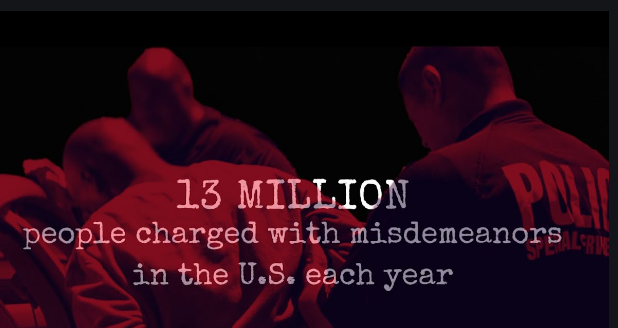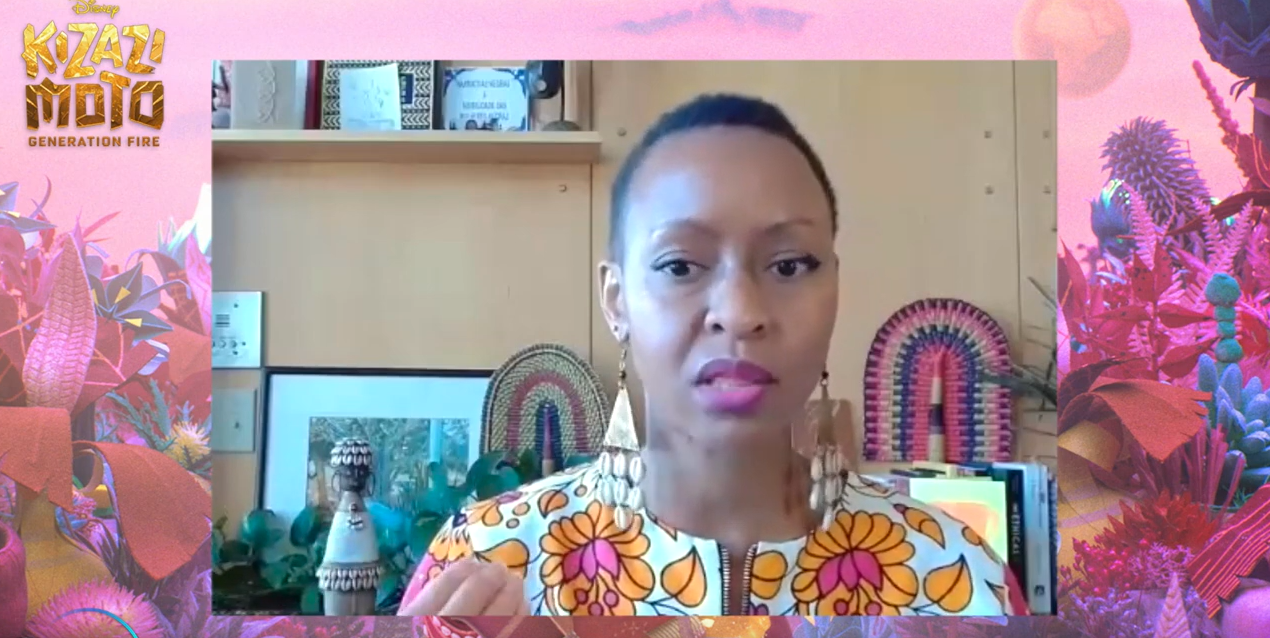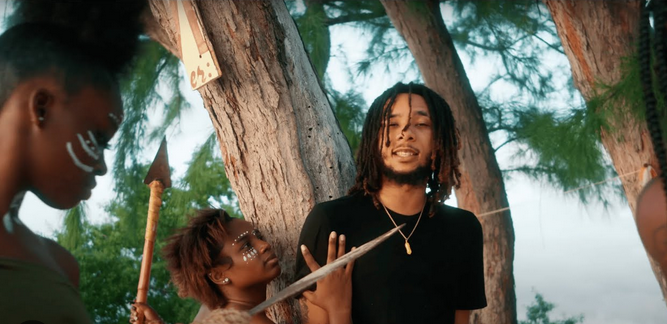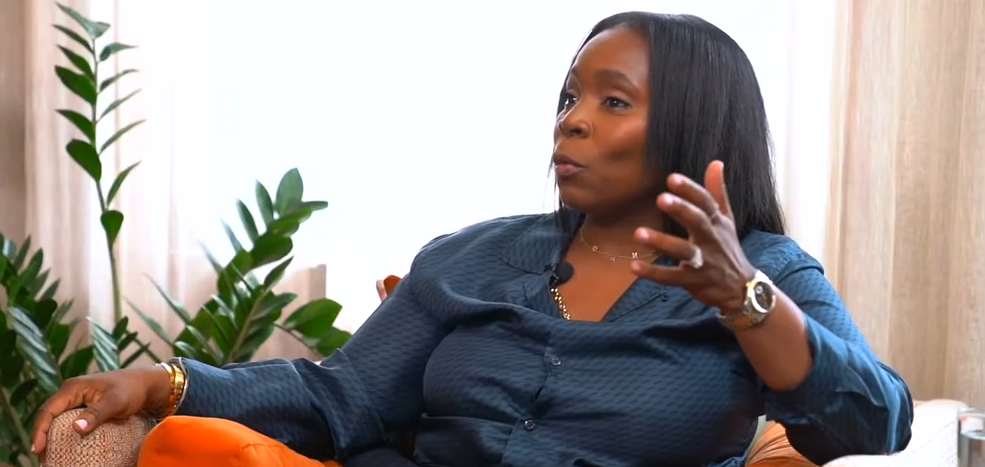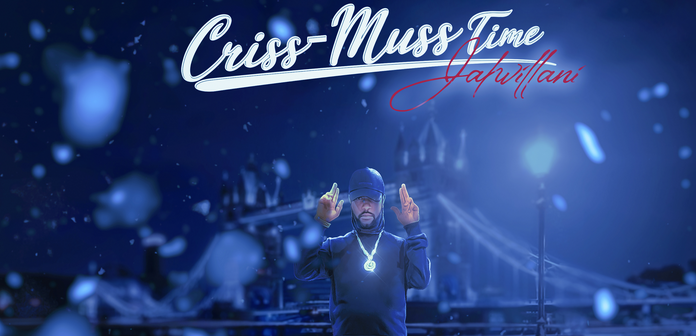Photos: YouTube
On Wednesday, renowned civil rights attorney Benjamin Crump joined criminal justice experts and formerly incarcerated individuals for a briefing and screening of a new documentary, Racially Charged: America’s Misdemeanor Problem, on the urgent need for misdemeanor reform.
13 million people a year – most of them poor and people of color – are abused by this system, which grew out of efforts to uphold white supremacy after the Civil War.
Many instances of fatal police violence that have spurred mass racial justice protests –including the murders of George Floyd and Daunte Wright–, started with alleged misdemeanor infractions. Through first-person accounts of those charged under the Black Codes of the Reconstruction Era paralleled with the outrageous stories of people trapped in the system today, Racially Charged: America’s Misdemeanor Problem, by the nonprofit film studio Brave New Films, examines America’s history of using the misdemeanor system to harass and control Black people and puts human faces on the unbroken story of racial discrimination in the US legal system.
Ben Crump, leading civil rights attorney, President and Founder of Trial Lawyer for Justice, and attorney for the families of George Floyd and Daunte Wright:
“When I think about Racially Charged, I am literally at a young man’s wake [Daunte Wright], who will have his funeral tomorrow because the police pulled him over for a traffic citation.”
“George Floyd was approached by the police for the allegation of a $20 alleged fraudulent counterfeit bill, which is a misdemeanor! They could have given him a ticket. But when it is marginalized minorities, especially Black people, the police have the tendency to always do the most and engage in the most excessive use of force. And so George Floyd literally was tortured to death for 9 minutes and 29 seconds for what would have amounted to a minor misdemeanor.”
“If you were outraged when you saw the video of George Floyd by police in Minneapolis, Minnesota, then you should be equally outraged when you see the video of Pamela Turner being killed – this unarmed Black woman who is down on her back telling the police, ‘I’m pregnant.’ But yet he has no regard for her or the possible life that’s in her body when he shoots her in the face, in the chest and in the stomach. And why did he even assault and batter this woman? Over a misdemeanor warrant. She had been given 50 misdemeanors in a two-year period. She had a mental illness. That was documented. But when you’re Black and you have a mental health condition, they don’t treat it as a medical issue; they have a tendency to treat it as a criminal issue.”
DeAnna Hoskins, President and CEO of Just Leadership USA and former Senior Policy Advisor for Corrections/Reentry in the Obama Administration:
“This is white supremacy. We say the laws of misdemeanor are an extension of slavery, but what we’re seeing is white supremacy. I don’t believe police need to be trained to deescalate. I believe January 6th shows that they are well-versed in customer service of escalating you out of a Capitol. It’s depending on who they’re trying to deescalate.”
“The misdemeanor system has gone unnoticed for so long, seeming to be a minor system. But it is becoming the deadly system. When we talk about George Floyd, Sandra Bland, Freddie Gray and, in my hometown, Sam Dubose and Timothy Thomas — all being stopped under the accusation of a misdemeanor crime, but lost their lives.”
Talitha L. LeFlouria, Associate Professor in African and African-American Studies at the University of Virginia and author of Chained in Silence: Black Women and Convict Labor in the New South:
“I am all about decriminalization of all of these so-called crimes, because if you really look at them for what they are, they are not crimes at all. So-called crimes like shoplifting, resulting in someone’s attempt to feed their addiction, or a person being incarcerated for drug addiction actually extends from trauma.”
David Ayala, National Organizer for Formerly Incarcerated Convicted People and Families Movements (FICPFM) and former president of the Florida Rights Restoration Coalition’s Central Florida Chapter:
“While we’re spending years trying to change one law, we need to focus on closing the front door, and that means going directly to our prosecutors. They have so much power in that office. There are so many policies that they can put in place immediately to close that front door and to minimize the damage that is being caused. Diversion programs in their offices, and the ones that do have diversion programs in their office, pushing them to increase their diversion programs. Bail reform policies where there is no longer a penalty for being poor. In addition, immigration policies that in their offices, are looking at the harm that misdemeanors do to folks who are really trying to become citizens.”
Chris Lollie, a Minneapolis father who won a settlement with the city after he was arrested and shocked with a Taser while waiting to pick his children up from daycare; Lollie’s story is featured in Racially Charged:
“Philando Castile got murdered when I was still in the court process of fighting the police. I definitely dealt with some survivors’ guilt. Like, why am I being mentioned alongside of people that passed. Did I pass? I feel like I still had to pinch myself a lot. The only way that I explained it to people was the movie ‘The Sixth Sense’ – the little boy was walking around but they think they were still alive and it may sound crazy, but that was what I was going through.” “It made me very anxious, it definitely upped my anxiety being in the media, and not being able to really control the narrative of my own story.”
Robert Greenwald, Founder of Brave New Films and director of Racially Charged: America’s Misdemeanor Problem:
“The way these laws are used — can you imagine these misdemeanor laws existing for one minute if they were used against white people, the way they are being used against Black people? I mean it would be over in a second!” “At times I want to scream and yell about it. But the question is what can we do in service of changing the larger society that has to be changed. We are, I’m happy to say, working with prosecutors around the country – some of the good ones. We’re having screenings with them, they’re using the film. In Boston, District Attorney Rachael Rollins has ordered her whole staff to use the film.”
Formerly Incarcerated Convicted People and Family Movements (FICPFM), a national network led by those directly impacted by mass criminalization and incarceration, sponsored the event. Misdemeanor charges can affect an individual’s employment opportunities and create insurmountable financial strain, in addition to the dehumanizing social, civil and psychological costs that deny incarcerated and formerly incarcerated people basic human rights and dignity.
In addition to Mr. Crump’s and FICPFM’s endorsement, the film, which is narrated by Academy Award-winner Mahershala Ali and 100% free to use for all, has been embraced by ACLU executive director Anthony Romero and progressive district attorneys across the country as part of their work to end the racist abuses of the legal system.
Learn more at misdemeanorfilm.org.
